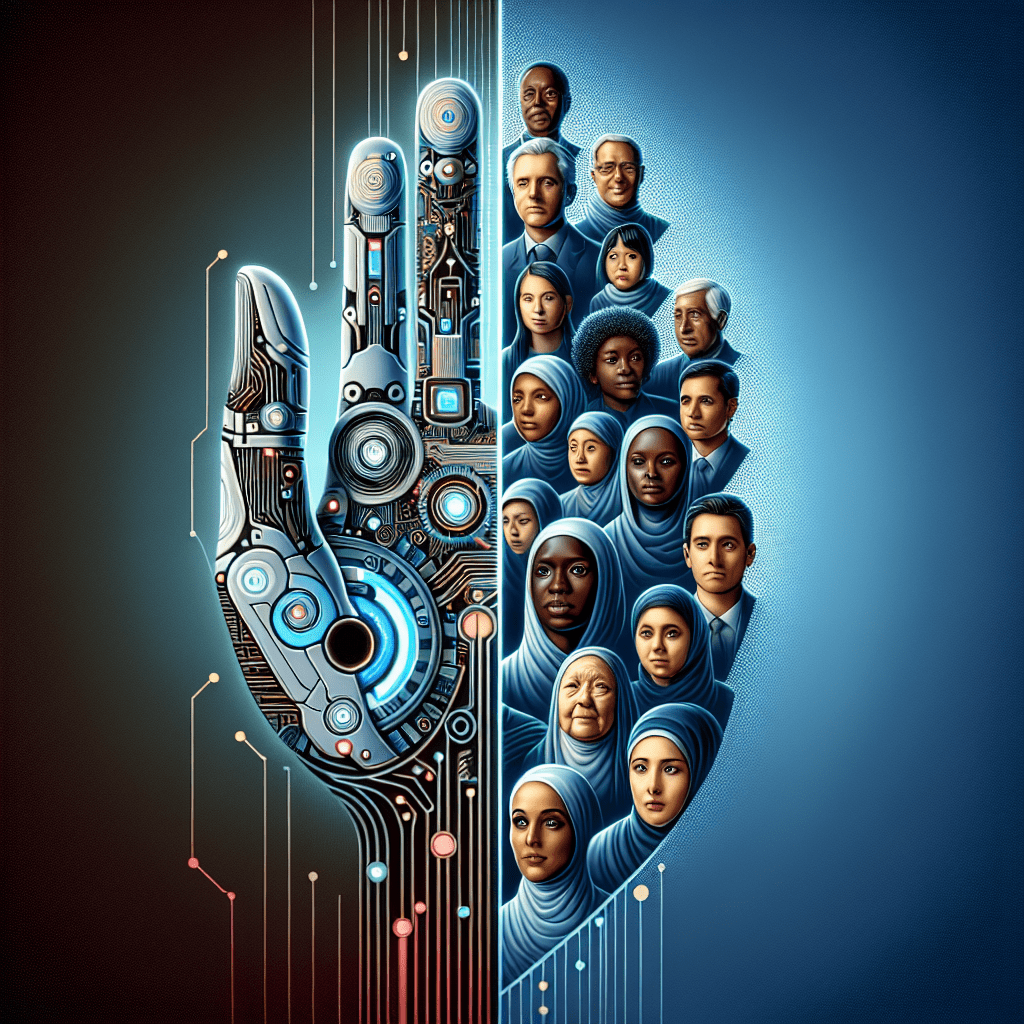Artificial Intelligence (AI) has become a crucial part of our everyday lives, from virtual assistants like Siri and Alexa to recommendation algorithms on social media platforms. While AI has the potential to revolutionize industries and improve efficiency, it also raises ethical concerns that must be addressed. In this article, we will explore the ethical implications of AI and how we can balance technological progress with societal concerns.
The Ethical Dilemma of AI
One of the major ethical dilemmas surrounding AI is the issue of bias. AI algorithms are only as good as the data they are trained on, and if that data is biased or lacking in diversity, the AI system will produce biased outcomes. This can perpetuate discrimination and inequalities in society, such as in hiring practices or loan approvals.
Another ethical concern is the potential for AI to infringe on privacy rights. AI systems often collect and analyze large amounts of personal data, raising questions about consent and data security. There are also concerns about the use of AI for surveillance purposes, which could threaten civil liberties and individual autonomy.
Balancing Progress and Societal Concerns
While AI has the potential to bring about significant advancements in various fields, it is crucial to ensure that these advancements are made ethically. One way to achieve this is through transparency and accountability. Companies and developers should be transparent about how AI systems work and the data they use, and should be held accountable for any biases or errors in the system.
Ethical guidelines and regulations can also help to ensure that AI is developed and used responsibly. Governments and organizations should work together to establish clear ethical standards for the development and deployment of AI, and to ensure that these standards are upheld through oversight and enforcement mechanisms.
Conclusion
As AI continues to evolve and become increasingly integrated into our lives, it is essential that we address the ethical implications of this technology. By balancing progress with societal concerns, we can harness the potential of AI while ensuring that it is developed and used in a way that is fair, transparent, and respectful of human rights.
FAQs
What are some common ethical concerns surrounding AI?
Some common ethical concerns surrounding AI include bias, privacy rights, accountability, and transparency.
How can we address ethical concerns related to AI?
We can address ethical concerns related to AI by promoting transparency, accountability, and ethical guidelines and regulations.
What role do governments and organizations play in ensuring the ethical development and use of AI?
Governments and organizations play a crucial role in establishing ethical standards for AI and enforcing these standards to ensure responsible development and use of AI.
Quotes
“The development of full artificial intelligence could spell the end of the human race.” – Stephen Hawking


